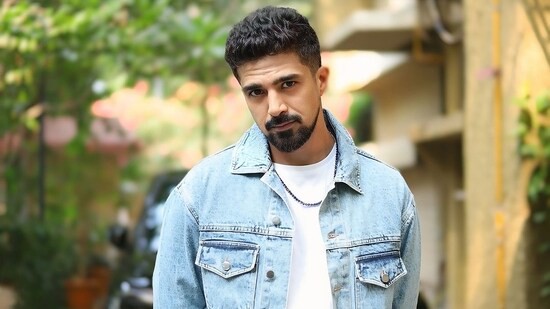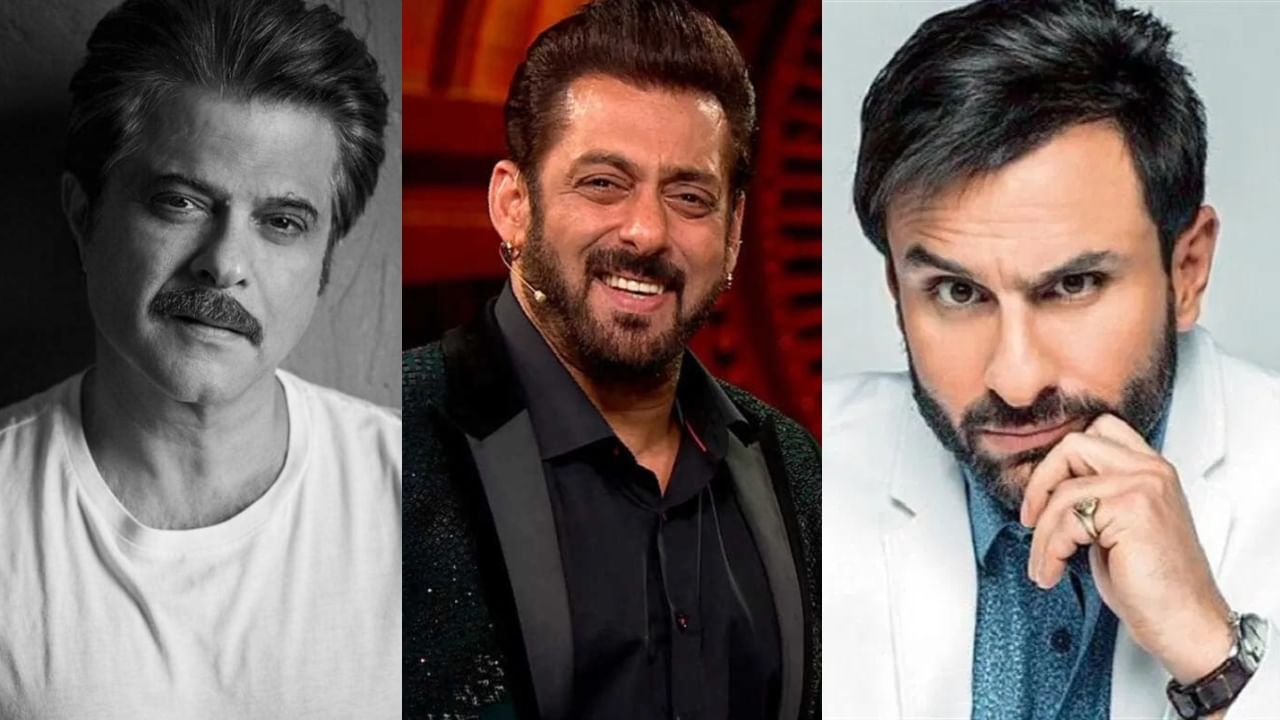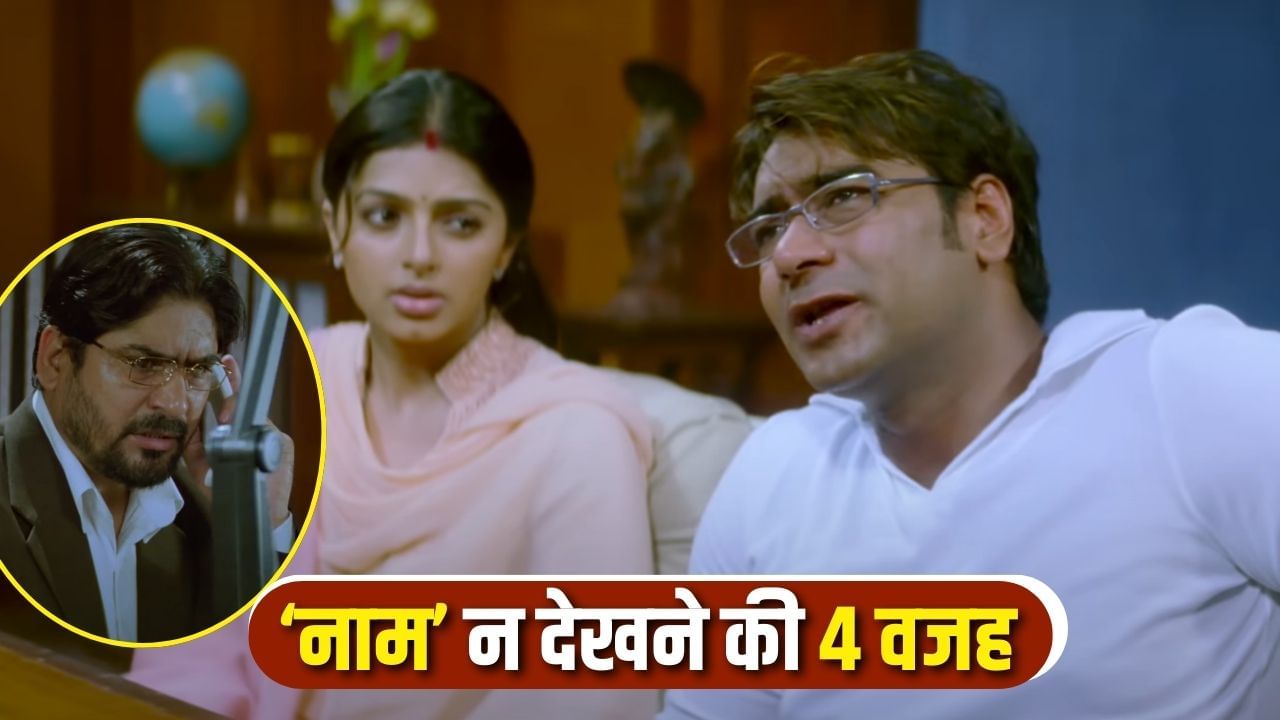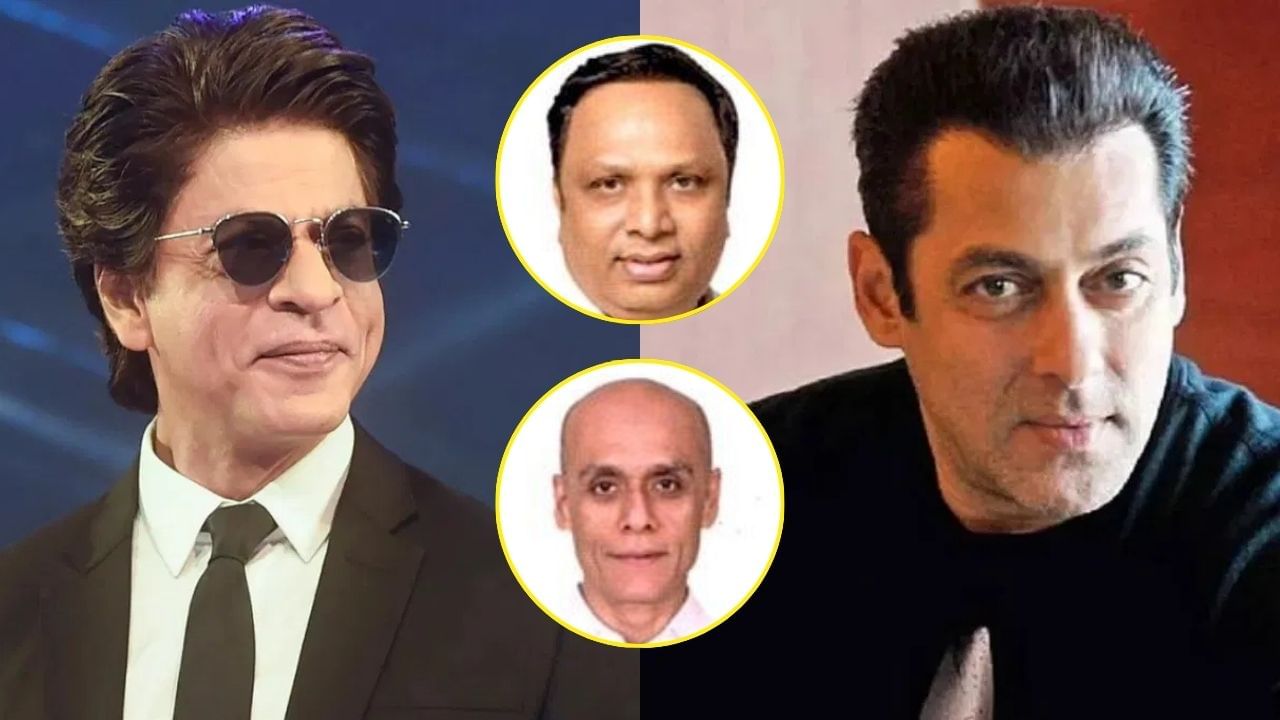Varun Dhawan and Samantha Ruth Prabhu may have graced the poster of Citadel: Honey Bunny, but Saqib Saleem walked away with many plaudits and whistles for his role, too.
The actor is an antagonist in Raj & DK’s spy thriller, and his intriguing look and interesting character caught everyone’s eye. As he basks in the show’s success, Saqib speaks to HT about the reception, his desire to do diverse work, and why PR alone can never cut it in Bollywood.
On playing a not-so-negative bad guy in Citadel Honey Bunny
Saqib’s KD was meant to be the antithesis of Varun’s Bunny on the show. Saqib describes them as ‘different sides of the same coin’. saying, “This is a dark, grey world. Nobody’s fully positive here. Everybody’s done some questionable things. So, in that world, I had my reasoning for doing what I would do. So I never looked at it as if I am the villain.”
Saqib says that the long format allows actors to play characters that are more fleshed out, as was the case in Honey Bunny. “I feel like it allows writers and directors to write really good parts and not only parts that are the protagonists,” he says. “So, whenever I read the material, I look for impact. Whether I’m playing a protagonist or an antagonist or one of the most interesting parts of a film, I look for that impact.” The actor agrees that he hasn’t always got it right in his career so far. “Sometimes I’ve missed the impact, but the effort is always to find those parts,” he explains.
Saqib on sibling bond with Huma
He likens his relationship with Varun’s character on the show to a very intense sibling rivalry. Ask him if his real-life sibling relationship with Huma Qureshi also has that element of rivalry, and Saqib responds, “We are like every other sibling. Of course, there is rivalry in the sense that we are both very opinionated about something. But it never comes from a place of ‘I know better’. It always comes from a place of ‘let me hear you’.”
Saqib says living in Mumbai and working as actors in the same industry has helped strengthen his and Huma’s relationship. “We started living separately and worked for six to eight months when we formed a relationship and friendship. That is when we decided we should stay together. I feel like I have to give some credit to this profession and this city because it made us think in the same direction. We started understanding each other’s fears and vulnerability, or insecurities, because we both wanted similar things in life,” he explains.
Do PR and networking help in Bollywood?
Saqib’s recent filmography shows that he opts for diverse roles, from the innocent Sunny in Kakuda to the ruthless KD in Citadel: Honey Bunny. The actor, however, cautions against using the word ‘opting’. He says with a laugh, “I don’t have a choice. I don’t wake up to my manager saying, ‘You should meet that filmmaker because they called you’. I have to go and create work. Not that I am complaining. I wouldn’t have it any other way. Maybe I wouldn’t respect it and value it as much as I did if it happened differently. So whatever opportunities I get, I try to make it unique and different and not be someone who looks or feels the same in every part.”
In the age of social media, actors have become as much marketeers as they are artists. But Saqib feels the two need to be balanced. Over-reliance on anyone is no good. “No amount of PR equals good work,” he proclaims, adding, “If your work is good, sooner or later, filmmakers that you look up to will look at your work and notice you.”
But then, does that mean that the notion of actors having to network for roles does not hold true? Saqib says, “This is not entirely true, nor entirely false. It is a mix of a lot of things. The core has to be your work and skill set, because if you are doing good work, other people would also collaborate with you. But if your work is not okay, but you just keep pushing and socializing then people wonder ‘he’s not that good, why is he pushing himself so much’.”
“Yes, you have to go out there. People should know how you think. Makers should know you. You should have conversations with people. But your work has to talk.”





